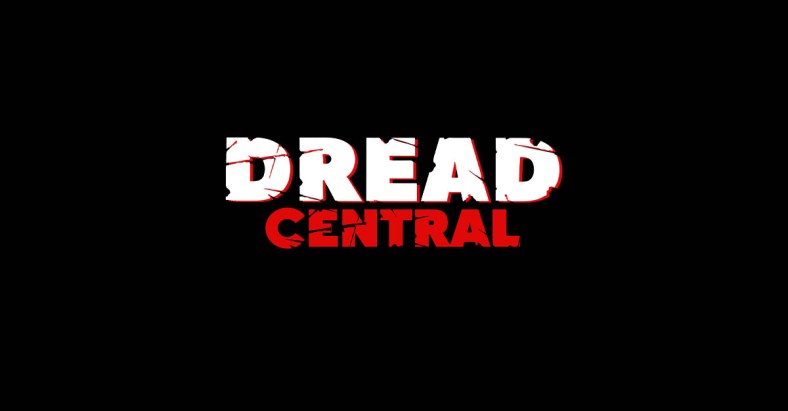DOGGED Review – New Film Exemplifies Modern Folk Horror Resurgence Despite Pacing Issues

 Starring Sam Saunders, Debra Leigh-Taylor, Nadia Lamin, Philip Ridout
Starring Sam Saunders, Debra Leigh-Taylor, Nadia Lamin, Philip Ridout
Written by Matthew Davies, Christina Rowntree, Richard Rowntree
Directed by Richard Rowntree
With very few exceptions, folk horror is an “Old World” phenomenon. Though not its first film, the subgenre holds Robin Hardy’s The Wicker Man, released in 1973, as its paradigm for sporting all the tell-tale troupes: An isolated town or village with a secret, an extreme distrust of outsiders, pre-Christian paganism, and violent rituals. While rural America has produced rare folk-horror chillers like Children of the Corn and Population 436, additional examples are sparse. Not so in the UK.
Other examples of folk horror include The Witches, Lair of the White Worm, Witchfinder General, and Cry of the Banshee. Though deeply rooted in ancient mythologies, folk horror has nonetheless enjoyed a huge resurgence in the 21st Century—though you wouldn’t know it if your horror diet consists exclusively of American-made movies.
Modern examples of folk horror are numerous, with minor hits including Wake Wood, A Field in England, The Hollows, Black Death, and the entire slate form Hex Studios in Scotland (The Owlman, The Unkindness of Ravens, The Black Gloves, and Automata). Add to this new wave Dogged, the feature film debut from Richard Rowntree, based on his short film of the same name.
Plots of folk horror movies are almost always motivated by the arrival of an outsider; in the case of The Wicker Man, it was a magistrate whereas Wake Wood featured relocated urbanites. In this sense, Dogged bucks trends from the get go by focusing on Sam (Sam Saunders), a young man returning to the isolated island town he grew up in. Added to the usual troupes come themes of coming home again, the guilt of abandonment, and the crippling stress of societal expectations. As an escapee of sorts, Sam works as both the outsider and a prodigal son, and Saunders handles the duality of the role aptly.
In many ways, Dogged feels like a soap opera—and this isn’t meant as an insult in the slightest. In addition to the main plotline (the death of a 10-year-old), there are numerous compelling subplots involving sexual taboos and conservative versus modern ideologies. The film could have just as easily taken place from the point of view of the pastor’s daughter or the hippies living in the hills. All of the island’s inhabitants are familiar archetypes with unique quirks, giving Dogged echoes of Twin Peaks. While this did cause the pacing to stall at a couple moments of mounting tension, the good news is Dogged is a perfect candidate for further exploration as a miniseries.
While on the topic of television, there’s an aesthetic to Dogged that feels alien, especially to my American eyes. It looks like something I might stumble across on BBC while channel surfing and, though it’s a modern movie, there’s something retro about its vibe. Experiencing Dogged often feels like watching something that was made in the 1980’s with TV syndication in mind. I’m aware that I’m influenced by my own cultural upbringing, but this may be apparent to others who spend considerable time immersed in cinema.
Despite its oddities, Dogged is always captivating, even at its slowest moments. There’s a consistent building of tension that culminates in a climax much more extreme than most folk horror offerings. Keep this in mind of you’re tempted to tune out during the film’s meanderings: There is a payoff, and it’s shocking!
-
Dogged
Summary
Dogged is pure folk horror and, as such, won’t hold much sway over those seeking a thrill a minute. Fans of films like The Wicker Man and modern subgenre offerings like Wake Wood and The Hallow, on the other hand, should consider it a must-watch. Dogged represents indie filmmaking at its most astute and, though not perfect, is nonetheless exemplary.
Categorized:Reviews

